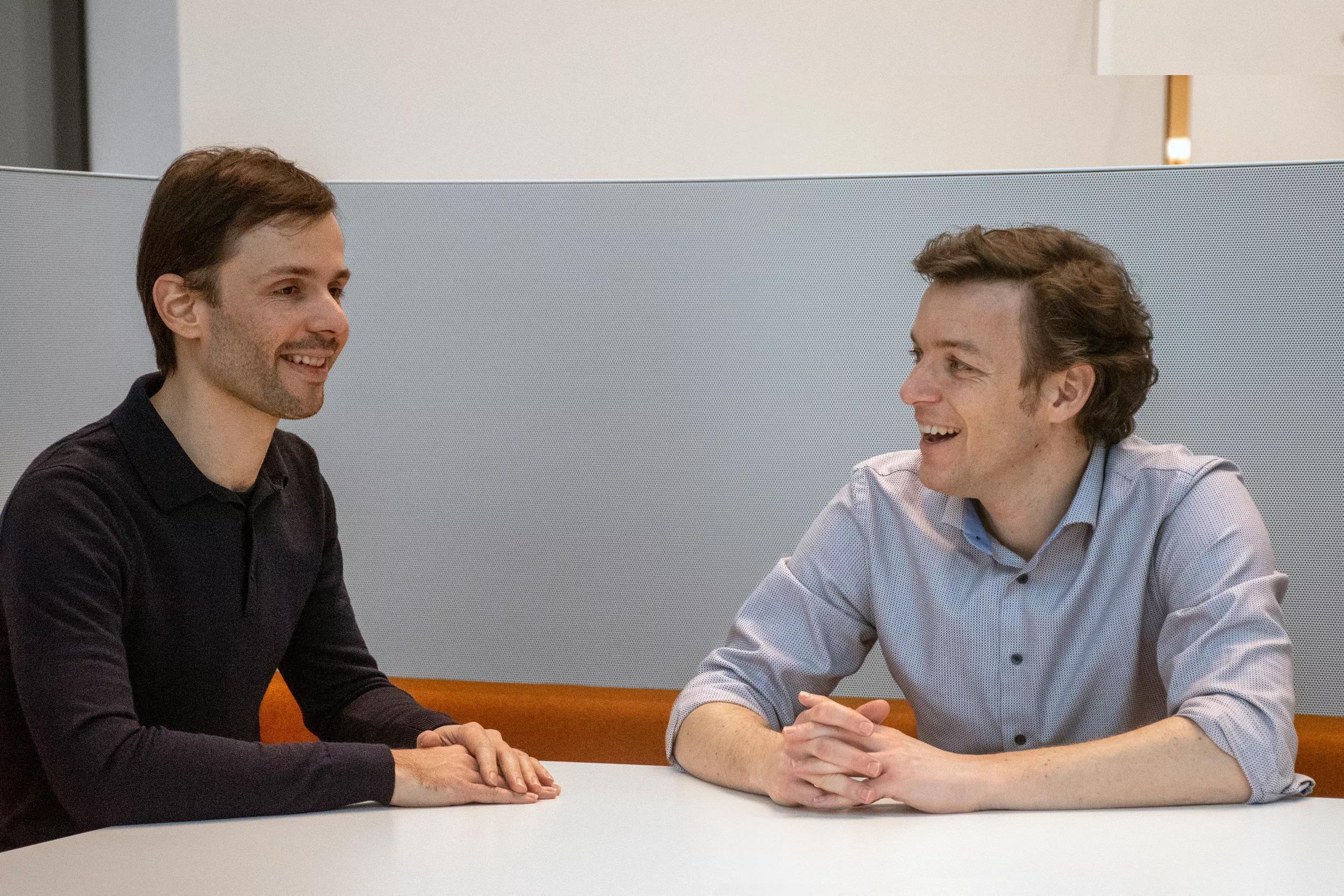Interview: ecoscoring our medical product portfolio
医療 - メディカルディスプレイ - 持続可能性 読み終わるまでの時間:約3分
Since a few years, we’ve been working on improving our products’ footprints through an ecoscoring system that evaluates their sustainability impact. But how does that work internally? And does it bring any challenges for our medical products?
We had a talk with our Environmental Compliance Officer Jan Daem and R&D Manager for Medical Display Systems Stijn Vancoillie, about what the tool evaluates when our teams are designing new products.

Our ecoscoring tool evaluates four aspects.
Jan Daem: “Yes. We don’t want to get it done easily by monitoring energy efficiency only. We also want to know what the impacts of materials sourcing, packaging and logistics, and end of life are.
These pillars are part of a lot of sustainability frameworks, so we don’t claim to be unique in there. But we do pay a lot of attention to how we interpret them, guided by future legislation, customer requests and competition. We want to make it clear that we meet certain benchmarks. That’s important because aspects like packaging, repairability and end-of-life also impact the customer.”
Does a project have to go back and forth in order to reach ecolabel requirements?
Jan: “Always. If every product would get an A+ label from the start, then we’d just not be doing enough. Of course, it’s easier when you can use existing modules that have already gone through ecoscoring optimization. But the evaluation becomes more severe every year, especially when it concerns aspects such as repairability and modularity. These really require fundamental choices at the inception of a project.”
Stijn Vancoillie: “It’s an iterative process. You start with the design and then there’s a first assessment with a questionnaire, which results in a score and specific points that can be addressed to improve it. That’s the beginning of a back-and-forth between the project team and the ecoscoring team. There’s a continuous assessment and that works well.”
Are there specific difficulties for our medical products?
Stijn: “Healthcare is a slowly moving market, because we have products with very long lifetimes – which is in itself a good thing, of course. However, many products are currently nearing their end-of-life and we also have quite a few redesigns coming up. So we have a lot of opportunities right now to optimize. It’s a luxury to be able to do this.”
What has your experience been, during these first years of ecoscoring medical products?
Jan: “In 2018, we finished a first version of the ecoscore and set up a few pilot projects to test it with. One of them concerned the Coronis Fusion 4MP and 6MP, which were Barco’s very first products to get the A ecolabel.
We also tested Demetra and the MNA-440 for Nexxis, just to gain confidence and to see whether the tool was workable. These two needed some additional actions after the first evaluation, but they also have an A ecoscore now.
That was also the intention: it shouldn’t be a walk in the park, but it should actually make a difference, for us as a company but also for our customers.”

